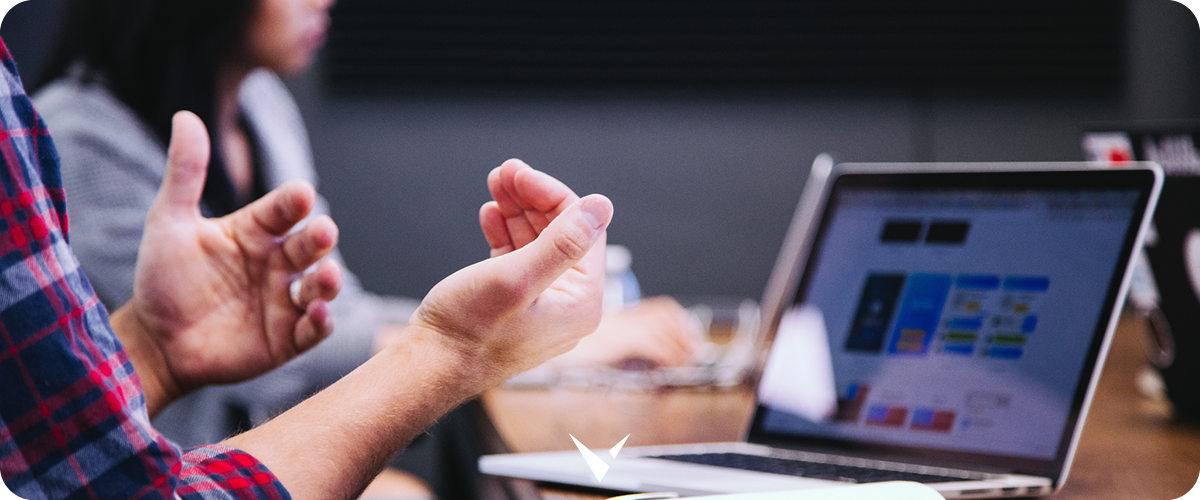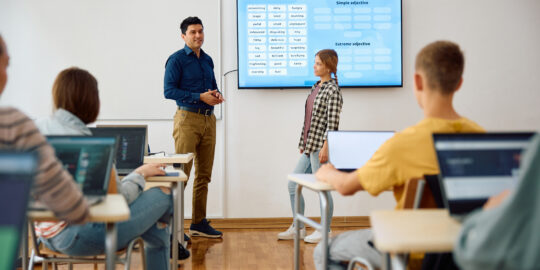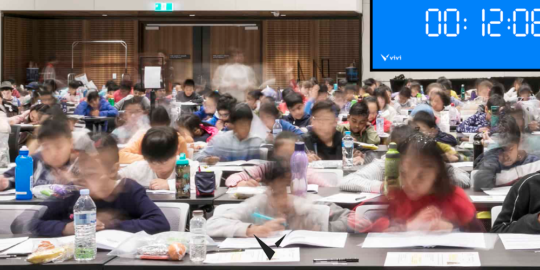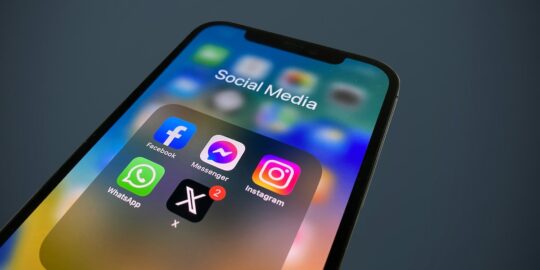
It’s important to note that personalized learning isn’t a strategy that has been implemented as a consequence of the technology available. In fact, the concept of personalized learning has been around far longer than computers. In 1884, a self-paced plan for students to complete lessons was implemented in Pueblo, Colorado and, as a philosophy, personalized learning has simmered gently on the back-burner ever since.
Today’s technology has merely added the fuel personalized learning needed to move into the mainstream. It is now a scalable education strategy, rather than something to be considered to aid particular individuals under certain circumstances.
The importance of data
Technology has solved one of the most significant challenges of personalizing the learning experience. If students are all learning in different ways—perhaps doing completely different tasks to their peers—then tracking their performance and their growth can be very difficult. Multiply that by hundreds of students and the size of the challenge becomes obvious.
Technology has brought access to data, both on how students are performing and also in relation to their preferred learning style. It has also given students greater visibility over their progress than they have ever had before.
The ability to adapt
With access to the right technology, students can learn at their own pace and level. In some cases, students are able to build their own learning playlist—in much the same way as they might construct one in Spotify. This kind of functionality supports flexibility and individuality—both of which lead to greater engagement and, hopefully, better learning outcomes.
Providing additional support
There has always been a need to provide additional support to certain students and, unfortunately, in the face of a global pandemic that has become more common. Technology is helping to drive the effort to close the gap between lower-attaining students and their counterparts.
Complementing the teacher
With talk of customized lesson plans and the development of ‘playlists’ to work through, it would be easy to think of technology as something to replace a human educator. But that’s far from the case. The right technology can enable the delivery of content in the most appropriate form for each individual, which actually enhances the role of the teacher. Rather than being at the front of the class talking through subject matter, the teacher can actually spend time supporting students in their learning.
Student-centred instruction
Personalized learning is all about collaboration between the student and teacher. They work together to determine and design a plan for learning. Technology certainly has a role to play in enabling this. Its job is to help students to articulate what they need and help educators to develop the right approach for each individual. From there, it allows both to keep track of progress.
Personalisation at scale
Perhaps the biggest impact technology has had on personalization is the ability to use it as a strategy at scale. Creating individual lesson plans and tracking performance has been made so much easier by technology. Without it, teachers would very quickly lose track of what each individual was supposed to be doing and the approach would fail.
Creating opportunities for students
Technology has helped teachers work with students to develop and enact learning pathways, but it has also given students much more flexibility in the way they present their work. Students have preferred media that they like to use; forcing someone who doesn’t enjoy working with particular software to use it, can be disengaging. Giving them the choice of using whatever programs they want to, on the other hand, can be positively liberating.



